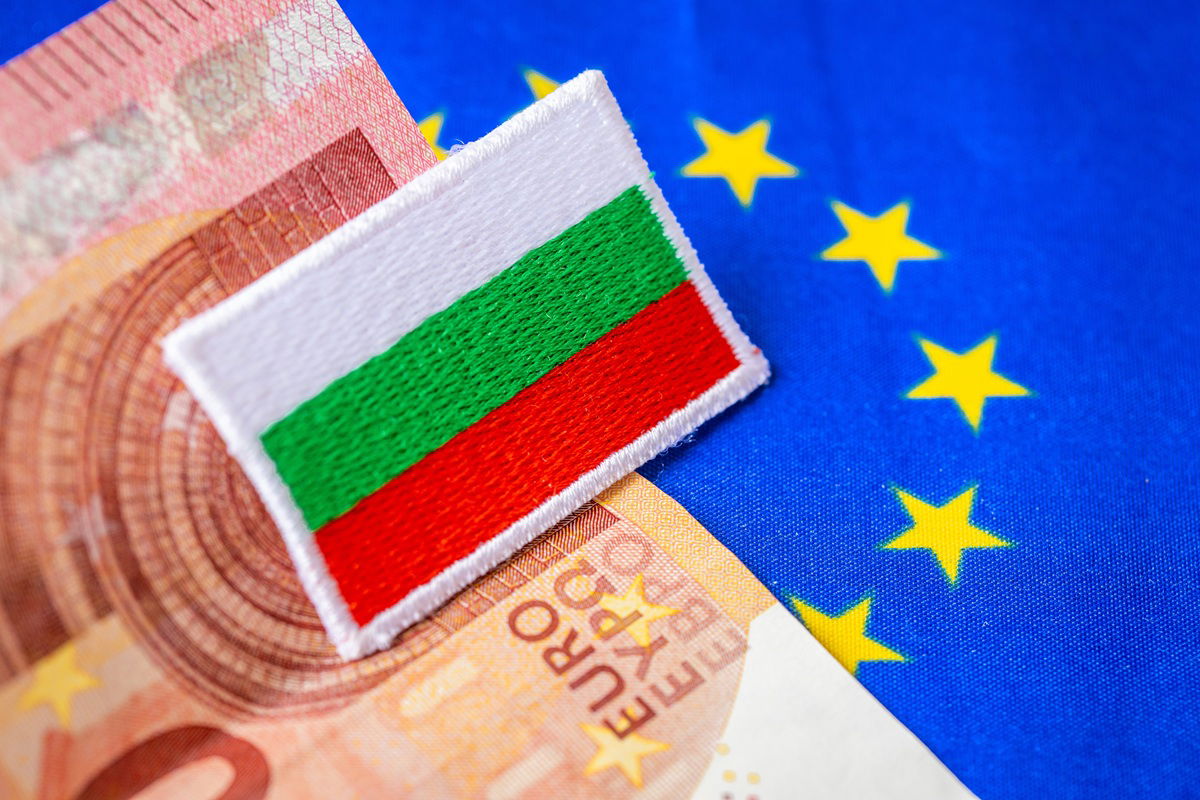Bulgaria is set to adopt the euro in 2026 after EU approval, marking a historic step for the country’s economy and its place in Europe.
Credit: Andrzej Rostek, Shutterstock
Bulgaria is set to make history in 2026 as it prepares to adopt the euro, and while the government is celebrating, not everyone in the country is convinced this is good news.
The European Commission’s latest report, released this Wednesday, gave Bulgaria the green light, declaring that the eastern European nation has finally ticked all the technical boxes required for eurozone entry.
The formal decision is scheduled for July 8th, when the EU’s finance ministers are expected to rubber-stamp the move. With no opposition in sight, Bulgaria looks poised to become the next member of the single currency club—a landmark shift for the EU’s poorest country, home to 6.4 million people.
Most Read on Euro Weekly News
Prime Minister Rossen Jeliazkov was quick to share his excitement on social media, calling it ‘a remarkable day’ and a reward for years of “reform, commitment, and alignment with our European partners.”
How Eurozone entry will impact Bulgaria’s economy
Supporters say eurozone membership will bring a string of benefits. Ursula von der Leyen, president of the European Commission, personally congratulated Bulgaria, claiming the euro would make the country’s economy “stronger,” boost trade and investment, open up more funding opportunities, and create ‘better jobs and higher incomes.’ For the government, this is the endgame of almost two decades of reforms and a long road since joining the EU in 2007.
And for international investors, there’s optimism that adopting the euro could stabilise Bulgaria’s economy and bring it closer to the heart of Europe’s financial system.
Why many Bulgarians fear the switch to the Euro
But it’s far from a national love-in. Across Bulgaria, the prospect of swapping the lev for the euro is stirring up fierce debate—and more than a few protests. Just last Saturday, thousands marched in Sofia’s city centre, and fresh rallies were held this week by supporters of the pro-Russian Vazrajdane party. Their concern? Many fear that euro adoption will trigger soaring prices—something seen in other countries after making the switch—and could erode national identity.
Recent polls reveal a country split down the middle, with nearly half of Bulgarians saying ‘no’ to the euro. For some, the memories of recent political turmoil and rising inflation are still too raw to trust a currency change.
When will Bulgaria join the Eurozone? Key dates and next steps
Bulgaria had hoped to join the eurozone sooner, but stubbornly high inflation and political crises put those plans on ice. Now, with the European Central Bank and Commission both issuing glowing reports, the countdown is finally on. If all goes as planned, Bulgaria will officially adopt the euro on 1 January 2026.
Until then, expect more heated debates on the streets of Sofia—and plenty of advice from Brussels on how to make the transition smooth for both businesses and ordinary Bulgarians.
Stay tuned with Euro Weekly News for more european news
